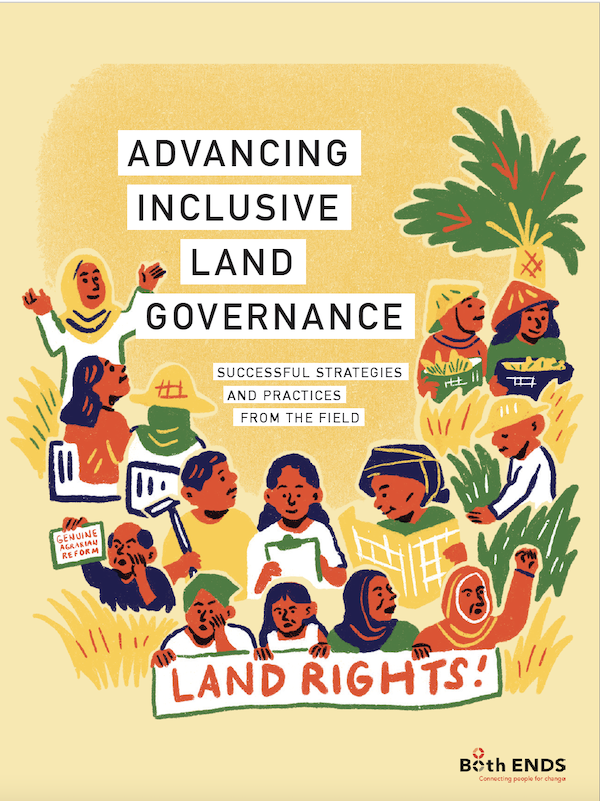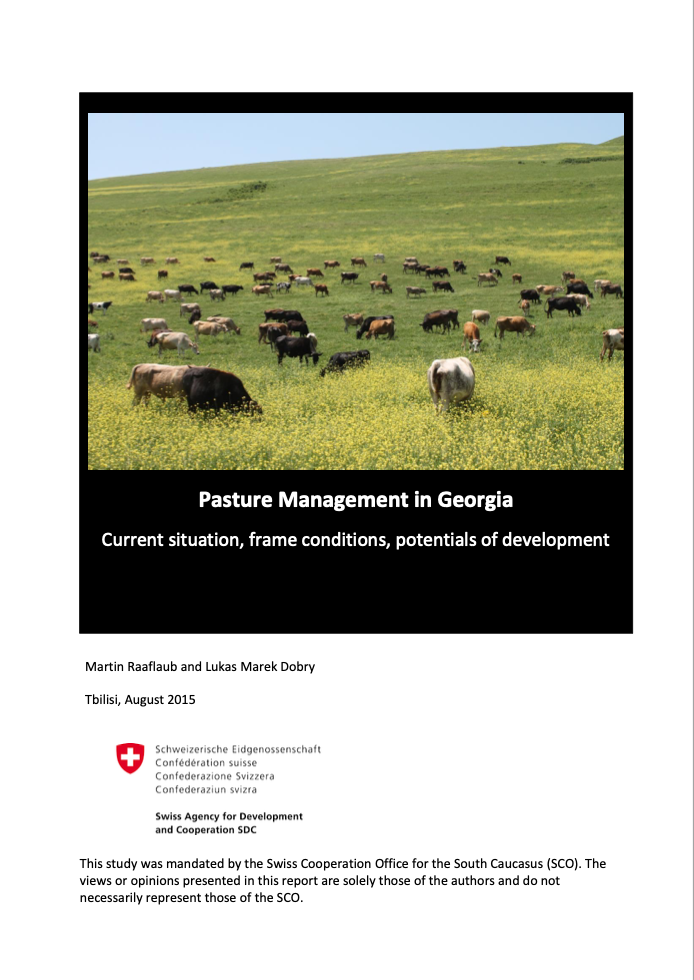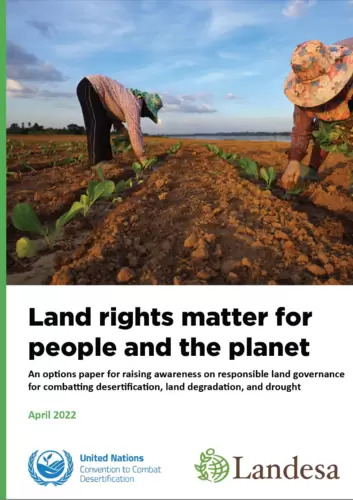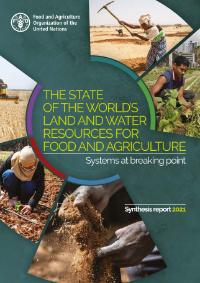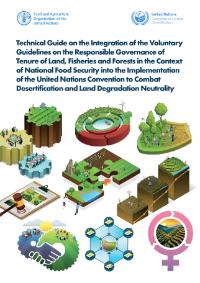Advancing Inclusive Land Governance
Land lies at the very foundation of our society and social life; it plays a central role in the livelihoods and cultural identities of communities across the globe, and contains the resources that underpin our now globalised world. However, partly because of this, it is often at the heart of social and political conflicts. Increasing demand for food, energy and other primary products is driving agribusinesses, mining companies and speculative investors in a quest for new land to acquire and exploit.

